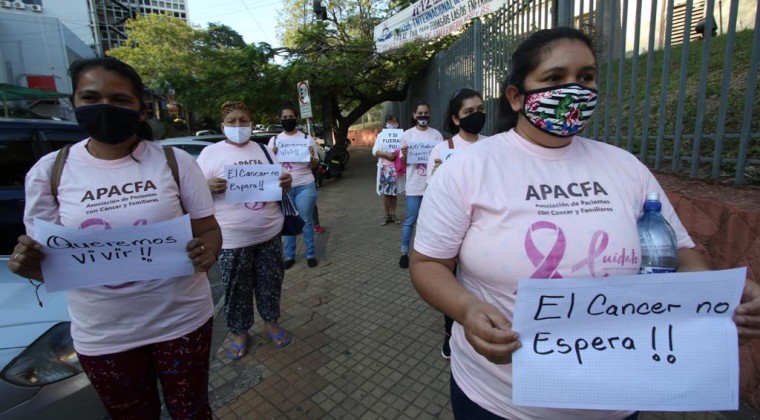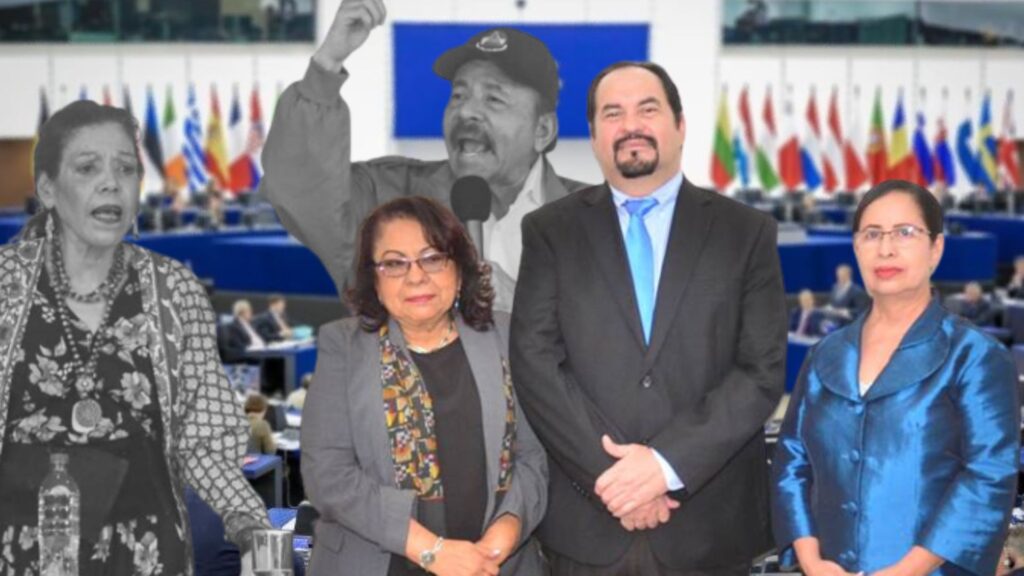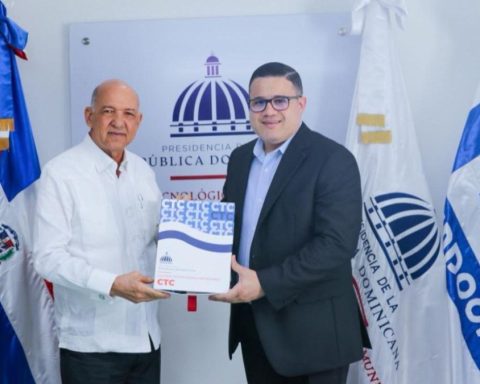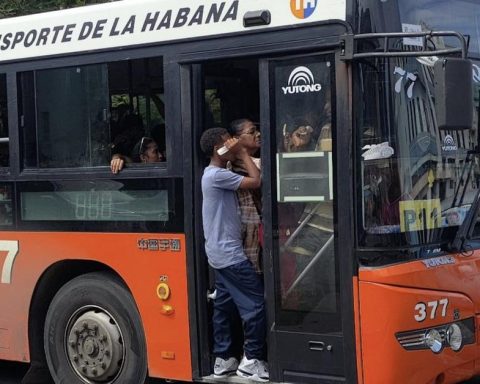Professionals from the Faculty of Medical Sciences of the UNA provided recommendations to cope with the first cold wave of the year, which comes with a significant drop in temperature accompanied by the formation of frost and frost.
From the Chair and Service of Pediatrics of the Faculty of Medical Sciences UNA, the care to be taken into account with the little ones stands out, since they are the most prone to respiratory conditions, for which the allergist and pediatrician Cinthia Pérez, explained that It is important to adequately shelter children, whether with jackets, hats, socks, gloves and scarves, in order to avoid sudden exposure to low temperatures.
In addition, children and adolescents should be vaccinated against influenza, in order to avoid complications of this and other conditions caused by frequent viruses of the winter season. He also recommended that parents take care of their diet, since good nutrition helps the immune system to face certain common infections of the season.
“If a child has a cough or a runny nose, it is recommended that they not go to school until the condition improves, since it can often be difficult to distinguish them from allergies or another infection. That is why rest is of the utmost importance for general recovery,” said Dr. Cinthia Pérez.
Cardiac arrests can occur as a result of hypothermia
Prolonged exposure to cold and not having adequate warm clothing could cause hypothermia.
In this regard, Dr. Karina Rivarola, an internist and emergency specialist, explained that hypothermia occurs when the human body has a body temperature below 35ºC and generally the main cause is exposure to a drop in temperature if the conditions are not met. of protection so that the body can recover the usual temperature of 36º to 37º C.
In these cold to polar environment conditions, what happens is that many vital functions, especially cardiac functions, are impaired and in the event of hypothermia, ventricular fibrillation occurs suddenly, which means cardiac arrest rhythm.
Likewise, those who present basic pathology such as diabetic patients, heart patients, with heart failure or cerebrovascular accidents, must take extreme care.
As for people who stay outdoors for their work, it is recommended that they drink hot infusions, coffee, cooked or mate, in order to maintain body heat. Also use warm clothes to protect the body.
On the other hand, it is important for homeless people to go to the emergency systems that have shelters.
Alcohol consumption can give a false sensation of heat
With the entry of the cold front and the announcement of thermal sensations below 2° C, Dr. José Aníbal Gómez Cantore recommends dressing warmly, avoiding exposure to low temperatures for long periods of time as much as possible, taking care of your diet and the consumption of alcoholic beverages, and the use of heating.
Low temperatures favor the appearance of respiratory conditions, with children and older adults being the most vulnerable to this type of conditions, which represent a serious health risk, taking into account that the largest number of hospitalizations occurs, either for emergencies. or outpatient consultations.
About heated environments
The heating could be used at times, to keep the rooms warm and then turn it off, not leaving it on for long periods or all night. Likewise, great care must be taken with the use of braziers or stoves, in order to avoid fires or burns in children.
It is advisable to dress warmly and it is very important to follow sanitary measures such as the use of face masks in case of respiratory symptoms.


















